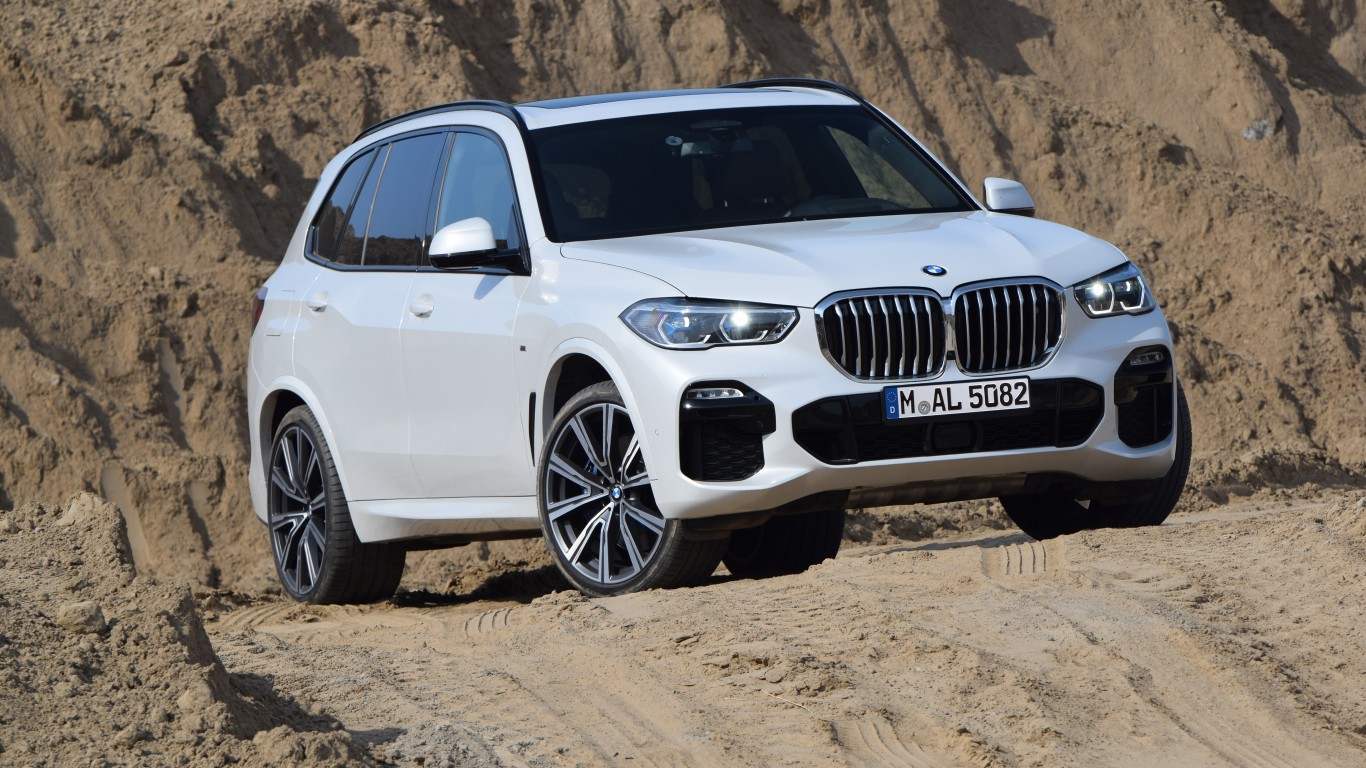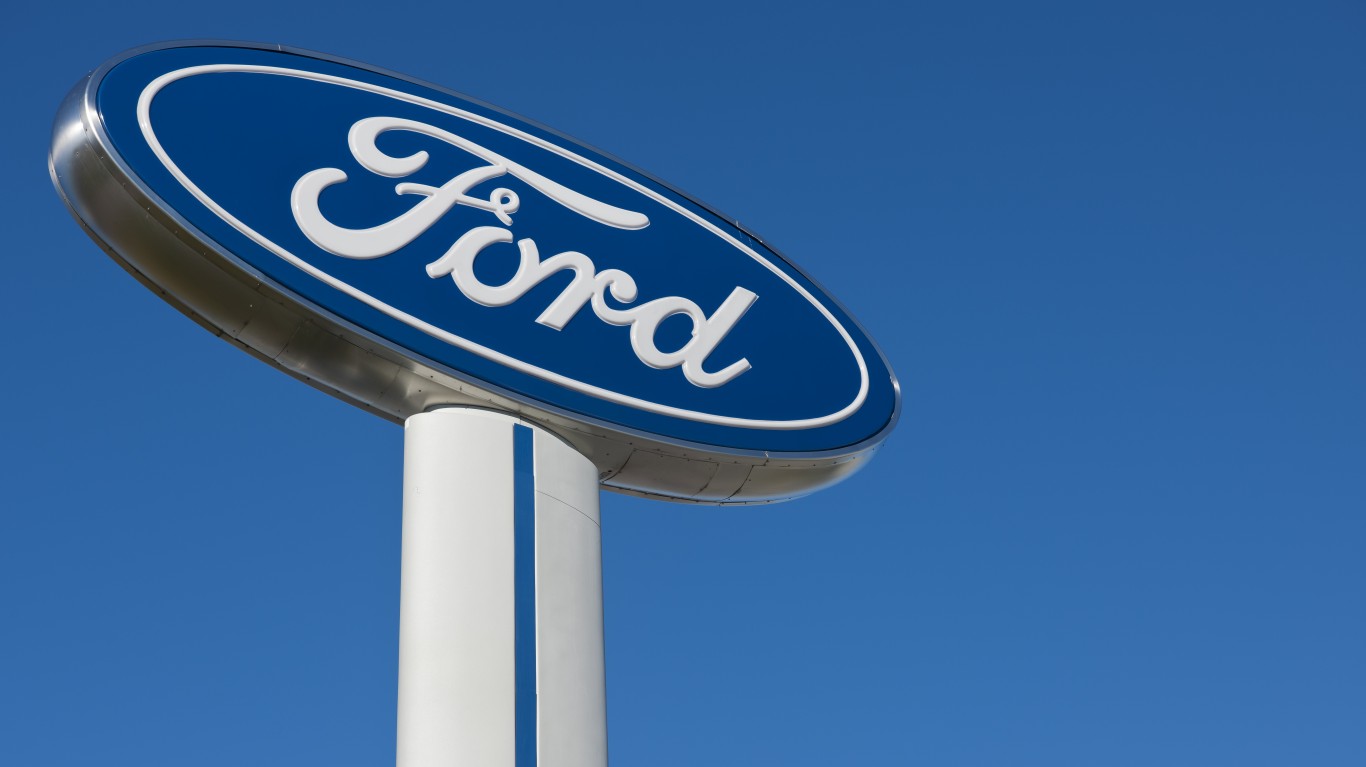
U.S. auto dealers are not optimistic about market demand for new cars, either in the current quarter or in the first quarter of next year. In fact, dealer expectations for the coming quarter turned negative for the first time ever.
The conclusions are based on the Cox Automotive Dealer Sentiment survey and index for the fourth quarter of 2018 released Monday. The overall sentiment index from franchise and independent dealers came in at 44 for the fourth quarter, down from 51 in the third quarter and from 46 in the fourth quarter of 2017. An index score ranges from 0 to 100, and any number over 50 indicates that more dealers view conditions as strong rather than weak. When an index is below 50, overall sentiment is negative.
When asked what they expected the market in their areas to look like in three months, the overall index score was 49, down from 57 in the third quarter and from 53 in the fourth quarter of 2017. That’s the first time ever that this index score has dropped below 50.
Profitability index scores of 49 for franchise dealers and 35 for independent dealers indicate that consumers expect dealers to pick up the tab for higher interest costs and, on new cars, higher prices for steel and imports. The overall index score of 68 related to the cost of doing business shows costs rising, although the increases are small.
Used car inventory also is showing a lower index this year, down from 53 overall in the fourth quarter of 2017 to 48. Fewer used cars for sale is especially an issue for independent dealers.
When asked what is holding back their businesses, dealers overall cited market conditions (44%) as the main weight, followed by credit availability for customers (36%) and limited inventory (35%). Nearly two-fifths (38%) of franchise dealers list interest rates as their second-largest problem, compared with just 5% in the fourth quarter of 2017 and 22% in the third quarter of this year.
Cox Automotive’s chief economist, Jonathan Smoke, sums it up:
The fourth quarter represented a notable negative turn in overall dealer sentiment and their outlook for the future. The big negative swing in expectations that was significantly lower than last quarter and the same time last year is especially alarming.
Slowing customer traffic, growing pressure to reduce prices, and declining profitability aligned with a view of the market that retreated from strong to weak in the aggregate index. Dealers remain worried about the negative impact of proposed tariffs leading to higher prices, but they are also now seeing a less robust used-vehicle market, which is also notably weaker than last year.
Full survey results and details on the study’s methodology are available from Cox Automotive.
Take Charge of Your Retirement: Find the Right Financial Advisor For You in Minutes (Sponsor)
Retirement planning doesn’t have to feel overwhelming. The key is finding professional guidance—and we’ve made it easier than ever for you to connect with the right financial advisor for your unique needs.
Here’s how it works:
1️ Answer a Few Simple Questions
Tell us a bit about your goals and preferences—it only takes a few minutes!
2️ Get Your Top Advisor Matches
This tool matches you with qualified advisors who specialize in helping people like you achieve financial success.
3️ Choose Your Best Fit
Review their profiles, schedule an introductory meeting, and select the advisor who feels right for you.
Why wait? Start building the retirement you’ve always dreamed of. Click here to get started today!
Thank you for reading! Have some feedback for us?
Contact the 24/7 Wall St. editorial team.




